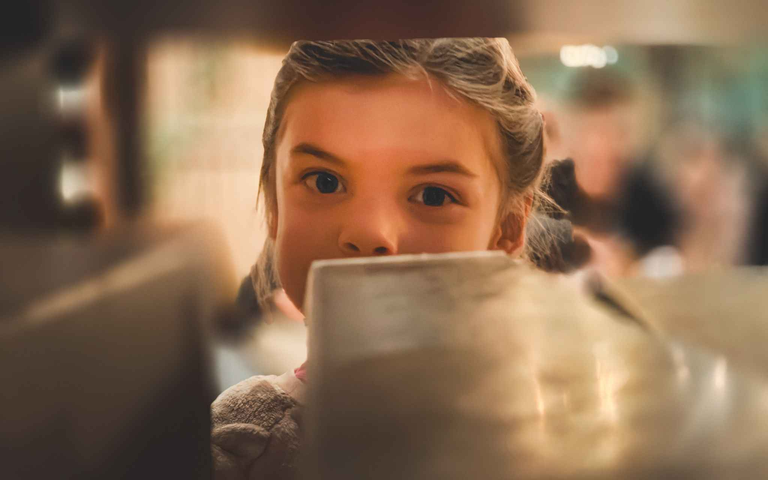So far, I haven't gone to a parent-teacher night at the school to speak about Smallsteps, and today, the streak continued. It isn't that I wouldn't go, because I wanted to, but the teacher is more comfortable speaking in English, and if she has to translate, I think it takes focus away from what is important. So, my wife went today as well, and as expected, everything was fine with Smallsteps' school results and behaviour, and the teacher seems to think that there are no issues at all.
She must take after her mother's academic skills.

What was interesting though, was the teacher said it is quite clear that Smallsteps doesn't get much screen time, because her skills in other areas are high. This teacher is well experienced, and I suspect that she has seen the changes over the years and has some predictive insight into what happens in the home. She also said that Smallsteps obviously enjoys storytelling, and asked if she writes at home, which she does, and has been for a while now, with songs, poems, stories, letters and starting this year, a daily diary and a "longer form" journal.
Pretty cool. But I am her biased dad.
I think it is hard for a parent these days, because unlike generations past, there is really no clear skillset that is known to be valuable in the future. The technological advancements are happening at such a rapid pace, that even the core skills like interpersonal communication, are uncertainties. It might seem strange to consider right now, but it really won't be too long until the artificial intelligence models no us better than we know ourselves, and can speak for us, better than we can speak for ourselves. Rather than arguing with a partner, our AIs will interact to see if there is a way to work things out instead.
What it means to be human is shifting rapidly, as we are already in an algorithm-based dystopia, with every choice we make at least influenced, if not completely chosen for us by a formula. It is interesting to consider that for a few thousand years humanity has been looking for a way to be free to choose, only to develop tools that enslave us by taking away our choice.
The pressure on a parent is also a societal pressure, where there is a certain level of conformity to the peer group. Parents who keep their kids away from screens and focus on learning analogue skills, are told "kids should be kids" as if sitting in front of a screen watching passively is what kids are made to do by nature. Being a child is a learning experience to prepare for the future, not a consumer experience to take up time and keep a wandering mind in one place.
But, for many, it is easier to go along with the masses, because if they are wrong, they are wrong as a group. Being wrong as an outlier, means to be alone. But, I think one should consider that it is the outliers that are the most successful in the world, as well as the least successful. The middle mass tends to survive, but they don't necessarily feel that their life has meaning.
Meaning is something we are all looking for I think, even those of us that aren't looking very hard, or are willing to accept the suggested paths forward. A lot of people might be living vicariously through their children in order to gain that sense of meaning, progression and some kind of continuance of life, a type of immortality. But, there are others who derive their meaning from what they consume, what they can collect in the world. I don't know if one is better than the other.
I think that in the next few decades, we are going to have to take a step back and really consider what it means to be human, as more and more of our skills and tasks are outsourced to technology. We might be able to live longer, we might be able to have more resources, but does that provide us the source of meaning we crave, or does it just free up our time to dwell on how little value we can provide the world outside us?
I don't know, but I have a daughter that I believe that with the right opportunities, she might be able to be awesome in the future environments. Or perhaps, she will be left far behind because all of her peers had a life in front of screens and it was this that prepared them for the world to come. My intuition tells me that scarcity is always going to have value, and there are already growing skill scarcities, as more and more people have been raised to rely on tools for their skills, without bringing anything to the table as themselves - yet expect to be rewarded as the skill holder.
There soon aren't many skills that the average person is going to be able to do better than an AI, and that means that there isn't going to be much need for most humans. It is happening very fast, so what does it mean for the children like Smallsteps and their future? I have very little idea, but I still have the intuition that at least in a niche sense, there will still be a market for high-level human skills and interesting people. But, I might be wrong. If I am?
The teacher today said that Smallsteps has what it takes to be successful in many areas, but I am still questioning, how many of those areas are actually going to matter. Will there be a market for humanity?
Taraz
[ Gen1: Hive ]